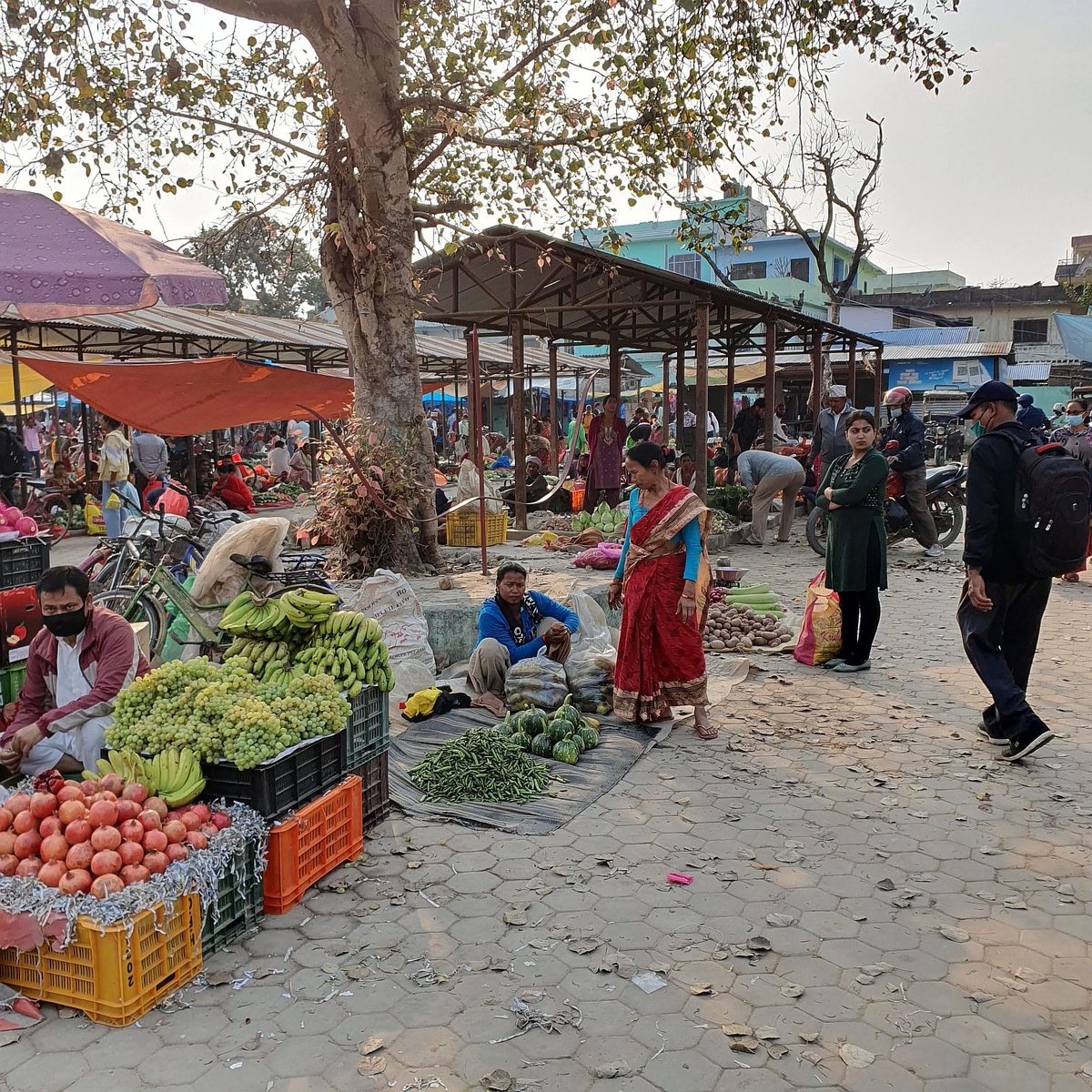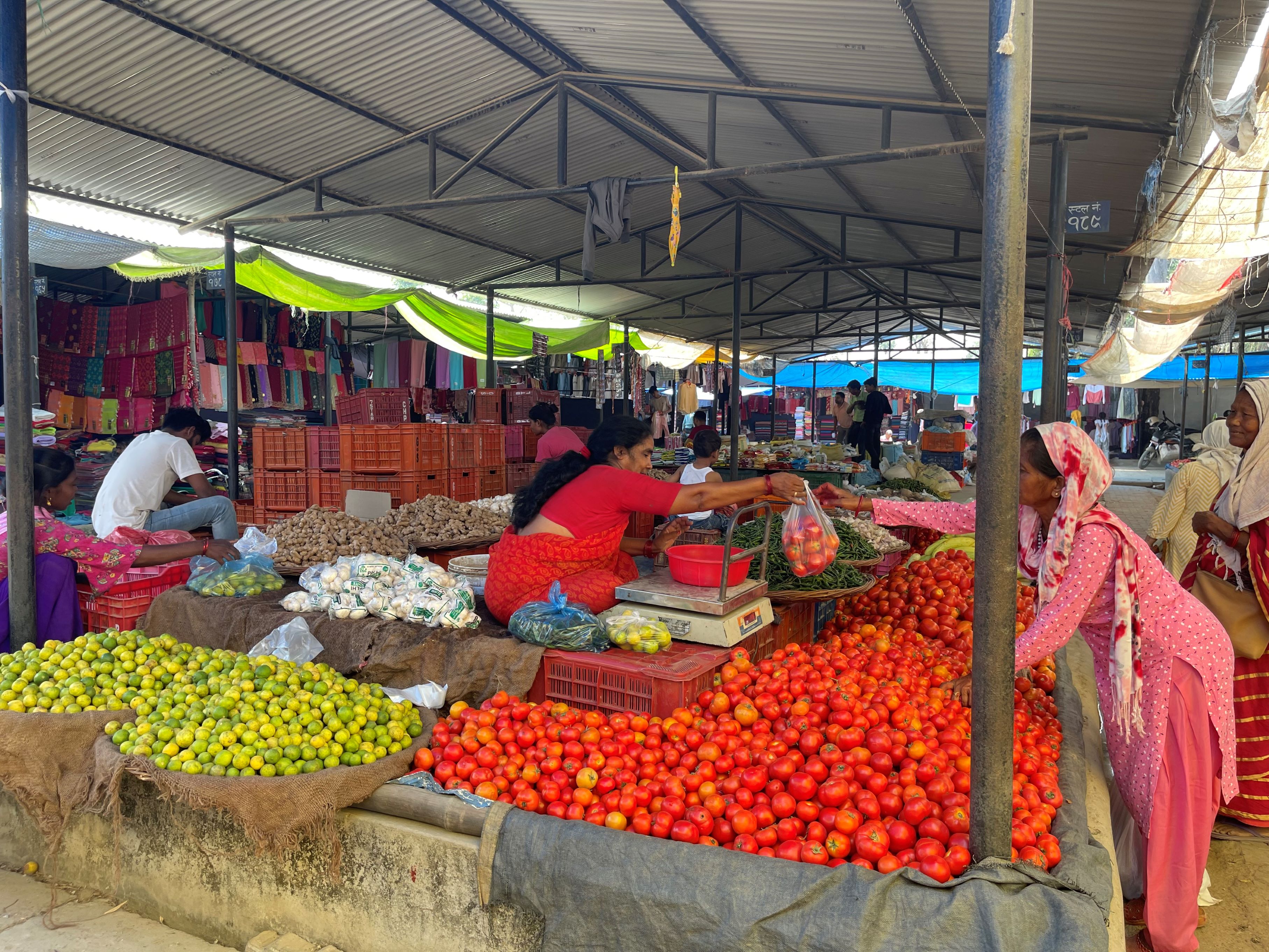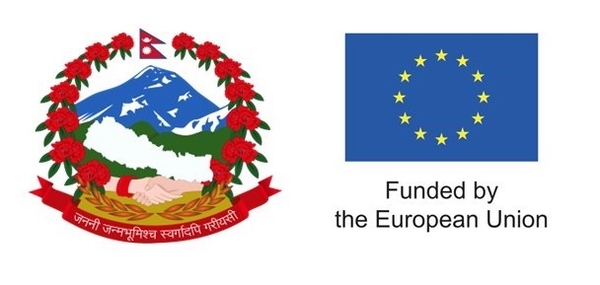Cities 4 Women: Integrating gender-sensitive and climate-resilient urban planning for sustainable cities.
The Cities 4 Women Nepal project (2023–2027) aims to support municipalities in solving challenges posed by rapid urban growth and increasing climate vulnerability by planning, designing, and building public open spaces that are gender-responsive and climate-resilient.
The project raises the demand for such public spaces, pilots public urban infrastructure, and enhances the urban planning and design capacity of partner municipalities. At the same time, it focuses on strengthening Nepal’s seven-step local planning process and ensuring that community voices are heard and acted upon.
Through the project, municipalities in Nepal are implementing participatory methods and tools such as safety audits, urban walks, and gender-based community mapping. In addition, they are supporting the prioritisation and co-designing of public open spaces and enhancing the leadership of elected women representatives.
Co-funded by the European Union and the Government of Finland, the project is implemented by UNOPS, UN-Habitat, and Cities Alliance in partnership with seven municipalities in Nepal: Birendranagar, Chandragiri, Dhangadhi, Hatauda, Tilottama, Sunwal, and Tansen. The project was also supported by USAID and the Government of France in 2024.
Urbanisation and Gender in Nepal
Cities in Nepal are growing rapidly as a significant population moves to urban areas in search of better opportunities. Moreover, 80% of the national population faces risks associated with natural and climate-induced hazards.
This urban growth and the increasing climate vulnerability are leading to major challenges, including the need for inclusive, resilient public infrastructure and urban services.
Women are particularly impacted. Public spaces in Nepal lack inclusivity, safety, and accessibility. Moreover, they are not designed to meet the needs of women, persons with disabilities, or sexual and gender minorities.
Only 7 out of 221 urban municipalities have women mayors, limiting the inclusion of gender considerations in urban and climate planning.


Funded by

Implemented by


